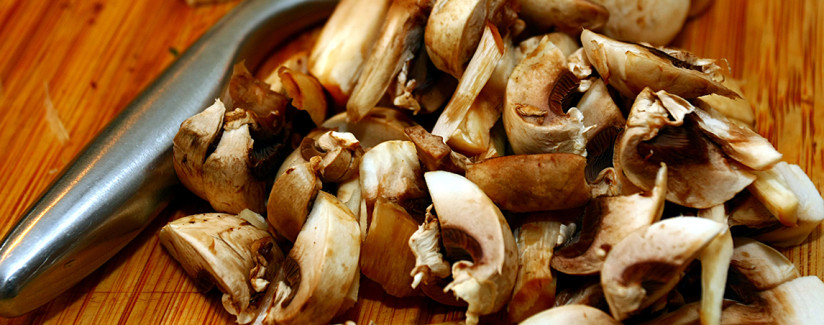
Is the Mushroom a Vegetable?
Mushrooms have been a part of the human diet for many, many years and enjoyed in diverse types of dishes. But one question keeps popping up: Is the mushroom a vegetable? And if not, then…. what is it?
You’ve probably heard before that mushrooms are fungi, but does that mean it’s not a vegetable? Or is it both?
To clear this up, we reached out to Alice Henneman, MS, RD, Extension Educator of Nutrition, Food Safety, and Cooking at the University of Nebraska-Lincoln.
The short answer. Henneman explained that mushrooms are scientifically classified as fungi. Because they have no leaves, roots or seeds and don’t need light to grow, they are not a true vegetable.
However, in terms of nutrition, the U.S. Department of Agriculture considers mushrooms to be vegetables because they provide many of the same nutritional attributes of vegetables. According to this study published in the U.S. National Library of Medicine National Institutes of Health, mushrooms provide nutrients that bridge across core food groups. Nutrients that can be found in produce, meat and grains can also be found in mushrooms, and they are a good source of niacin, pantothenic acid, selenium and copper providing at least 10% to 19% of the daily value. They are also an excellent source of riboflavin providing almost 20% of the daily value. Mushrooms are also a source of potassium, dietary fiber, vitamin D and calcium, four nutrients considered under-consumed by the Dietary Guidelines for Americans.
Mushrooms are botanically classified as fungi and considered a vegetable for nutrition. They provide a wide range of nutrients, good news for thsoe who love to enjoy mushrooms on pizza and in favorite dishes.
Originally published March 9, 2015.
Image: “Mushrooms” by Martin Cathrae is licensed under CC BY-SA 2.0.


























